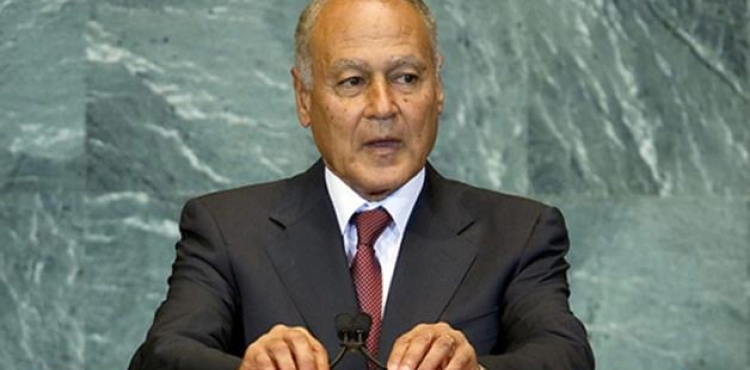CAIRO _ Palestine News Network
The Secretary-General of the League of Arab States, Ahmed Aboul Gheit, called on the states of the European Union to recognize the state of Palestine, with East Jerusalem as its capital, on the lines of the Fourth of June June 1967.
In his speech at the fifth Arab-European ministerial meeting, which began in Brussels on Monday, Abul Gheit said in the presence of the Chairman of the Council of the League of Arab States at the ministerial level--Minister for Foreign Affairs of Sudan Daradiri Mohamed Ahmed and High Representative for foreign and security policy The European Union, vice-President of the European Commission Vidrica Mugrini, said the peace process has been stalled for years and the Israeli Government openly declares that it does not believe in a two-state solution, and every day it seizes its chances of being applied to the land through expansion of settlement.
He stressed that the Palestinian issue is central to the Arab side and lies at the heart of regional stability, and some seek to dissolve it and undermine its main components, noting that those who are betting on the continuation of the current situation in the Occupied Palestinian Territory are unaware of its fragility and its potential to explode at any moment.
The Secretary-General regretted the unilateral actions of a few states to relocate their embassies in occupied East Jerusalem, which made peace more elusive, and called on all States to refrain from such actions.
The price of the European role, especially in the area of humanitarian and economic support for the Palestinian people through UNRWA and others.
Abul Gheit said that our meeting today in the historic city of Brussels, which embraces the headquarters of the European Union, marks the tenth anniversary of the first Arab-European Ministerial Meeting in the Republic of Malta in 2008, and we are witnessing the culmination of this partnership with the holding of the first Arab-European summit Hosted by Sharm el-Sheikh in the Arab Republic of Egypt next 24, he stressed that Arab-European cooperation is based on common interests, a long history and converging views of many global issues and the prosperity and security of the Arab world.
Among the many interconnected challenges and crises that continue to threaten the stability of some of our States, the response to these challenges requires the design of policies that take into account the interests of all parties and that respond to all their concerns, foremost of which is the Palestinian question.












